Pros and cons of public inquiries
Does expert-led public probing of scandals uncover the truth or does little really change?
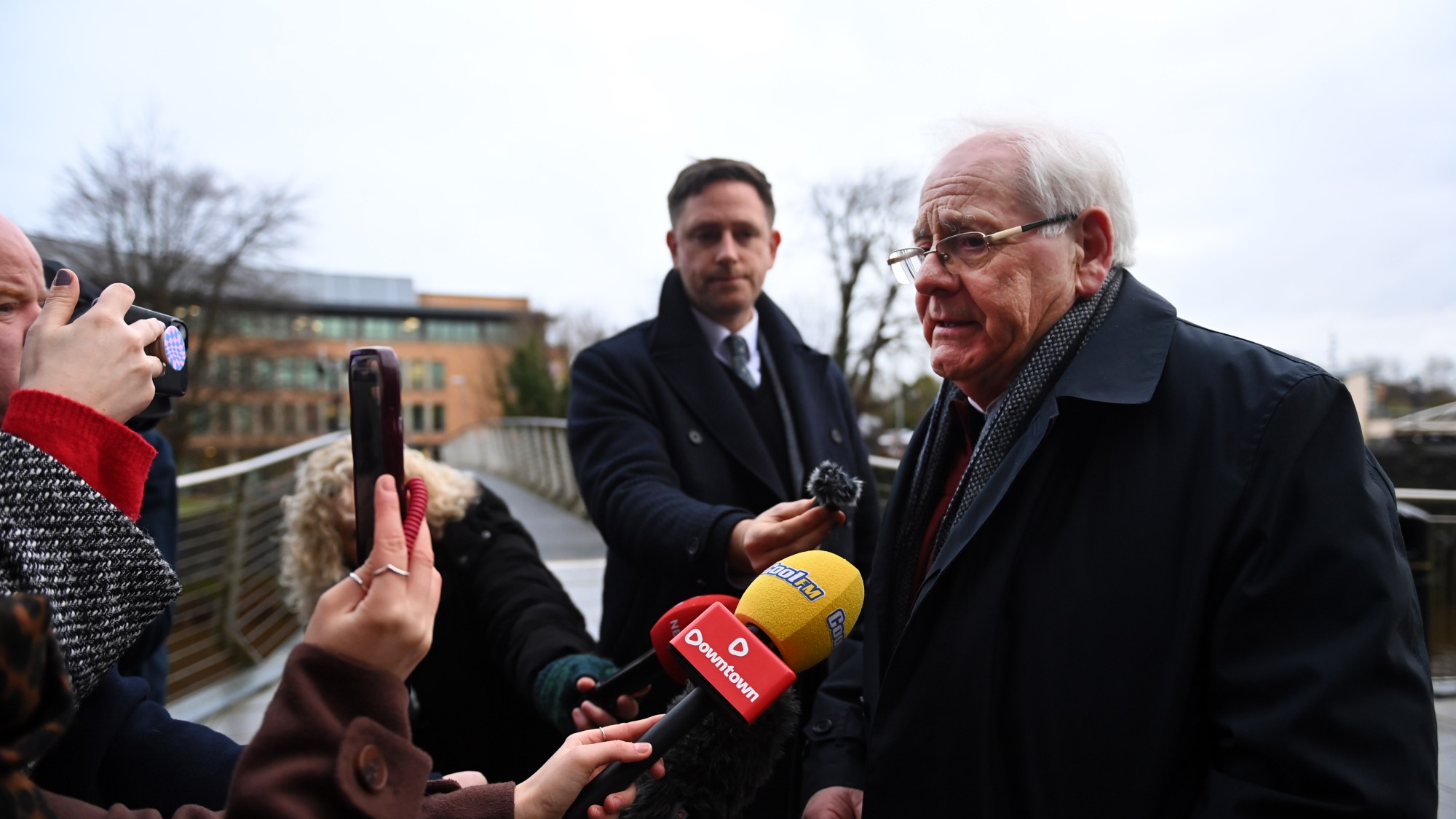
More than 25 years after the Omagh bombing, "survivors and victims’ families will surely hope" that the public inquiry into the attack will establish the truth, and they will "finally experience some closure", said The Conversation.
Responsibility for the attack, in which a car bomb killed 29 people and injured 220 others on 15 August 1998, was claimed by the Real IRA. It was the single deadliest event of Northern Ireland's Troubles, and campaigners, including Michael Gallagher, whose 21-year-old son Aiden was killed in the explosion, have long called for an official inquiry into whether the security services could have prevented it.
The inquiry finally began this week, starting with tributes to the dead, and then days of testimony from survivors and families of the victims. Gallagher said he hoped the inquiry would be the "beginning of the end" for the families who are looking for answers.
The Week
Escape your echo chamber. Get the facts behind the news, plus analysis from multiple perspectives.

Sign up for The Week's Free Newsletters
From our morning news briefing to a weekly Good News Newsletter, get the best of The Week delivered directly to your inbox.
From our morning news briefing to a weekly Good News Newsletter, get the best of The Week delivered directly to your inbox.
But Claire Hayes, who lost her brother Alan Radford, aged 16, in the attack, is more sceptical. Only a "diluted version of the truth" will come out, she told the BBC. "When the Irish government isn't partaking in it, it's not a full inquiry, so for me there's already a flaw."
The two differing attitudes reflect the mixed feelings towards public inquiries in general, with supporters hoping for answers and sceptics questioning their value. Here are the main pros and cons:
Pro: they uncover the truth…
An inquiry's most important role is uncovering a truth that has been "hidden" from victims "for decades", wrote Ben Harrison, a lawyer who acted for those affected by the infected-blood scandal, in a letter to The Guardian.
Most recently, the inquiry into the Post Office Horizon IT scandal helped clear the names of hundreds of wrongly accused sub-postmasters in "what's been called the UK's most widespread miscarriage of justice", said the BBC. The chair of the inquiry explicitly said he was "determined to expose the truth".
A free daily email with the biggest news stories of the day – and the best features from TheWeek.com
Con: … but not always
"Inquiries can uncover some of the truth, if they wish to," civil-rights lawyer and Hillsborough campaigner Elkan Abrahamson told the trade union-based Labour Research Department. The effectiveness of any public inquiry lies with its statutory power to call in documents and compel witnesses to attend but, without a "duty of candour" (a professional obligation to disclose mistakes) for public officials, its ability to get at the truth can be "seriously hindered", added Rosanna Ellul from the charity Inquest, which worked with families affected by both the Hillsborough and the Grenfell disasters.
Pro: they hold people to account
"Only" a public inquiry seems able to "get to the bottom of what goes wrong with policy and administration, and why", said writer and lawyer DAT Green in Prospect. Inquiries "have teeth" and can uncover facts that may have been hidden away from politicians and campaigners.
When witnesses give evidence, they are required to tell the truth "under pain of perjury" – as in the case of MP and former British Army officer Johnny Mercer, who told an inquiry about the "serious concerns" he had about alleged war crimes in Afghanistan "which he, as a minister, never told parliament about".
Con: their recommendations are not binding
In 2022, the Jay Inquiry into child sex abuse made 20 recommendations but "in the years since the report was published, little has apparently changed", wrote MP Karen Bradley on Politics Home this month. Public inquiries are "too often" ignored, which undermines public trust and causes "renewed anguish" to victims.
Indeed, it is survivors and victims who end up bearing "most of the responsibility" for ensuring recommendations are acted on, Emma Norris, from the Institute for Government, told The New Statesman. They have to pressure politicians to take action, even though "it shouldn't all be down to them".
Pro: they bring about change
Inquiries can bring about the chance of "genuine change and accountability", said Samira Shackle in The Guardian. For example, the introduction of criminal-record checks ("disclosure and barring") on potential employees and volunteers "came about as a result of the 2004 inquiry into the Soham murders" of two girls by a school caretaker.
Con: they take too long
Public inquiries can drag on for a long time. They should have a time limit of "18 months max", said Labour peer and former MP Harriet Harman on the Electoral Dysfunction podcast. The government should take action to prevent inquiries "like the COVID one, like the infected-blood scandal, like the Post Office one" going on "for years and years".
Indeed, the Scottish Child Abuse Inquiry, which was "established in 2015" is "still going, having cost £88 million and seen six Conservative leaders", said Robert Hutton, in The Critic. "It has yet to publish any recommendations."
Elizabeth Carr-Ellis is a freelance journalist and was previously the UK website's Production Editor. She has also held senior roles at The Scotsman, Sunday Herald and Hello!. As well as her writing, she is the creator and co-founder of the Pausitivity #KnowYourMenopause campaign and has appeared on national and international media discussing women's healthcare.
-
 A running list of the US government figures Donald Trump has pardoned
A running list of the US government figures Donald Trump has pardonedin depth Clearing the slate for his favorite elected officials
-
 Ski town strikers fight rising cost of living
Ski town strikers fight rising cost of livingThe Explainer Telluride is the latest ski resort experiencing an instructor strike
-
 ‘Space is one of the few areas of bipartisan agreement in Washington’
‘Space is one of the few areas of bipartisan agreement in Washington’Instant Opinion Opinion, comment and editorials of the day
-
 'We know these services are needed'
'We know these services are needed'Instant Opinion Opinion, comment and editorials of the day
-
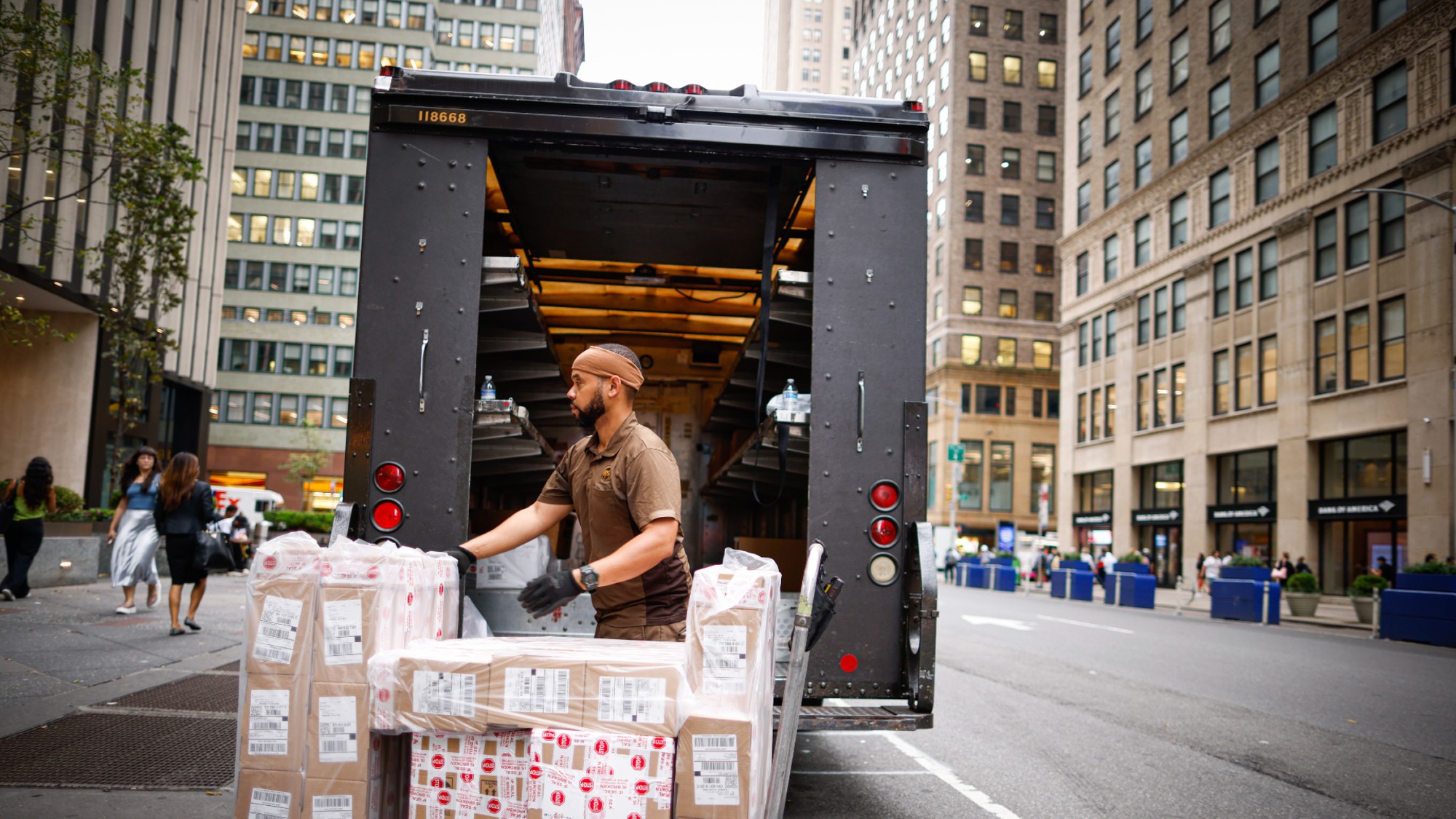 Delivery drivers face continuing heat risks with Trump's OSHA pick
Delivery drivers face continuing heat risks with Trump's OSHA pickThe Explainer David Keeling is a former executive at UPS and also worked at Amazon
-
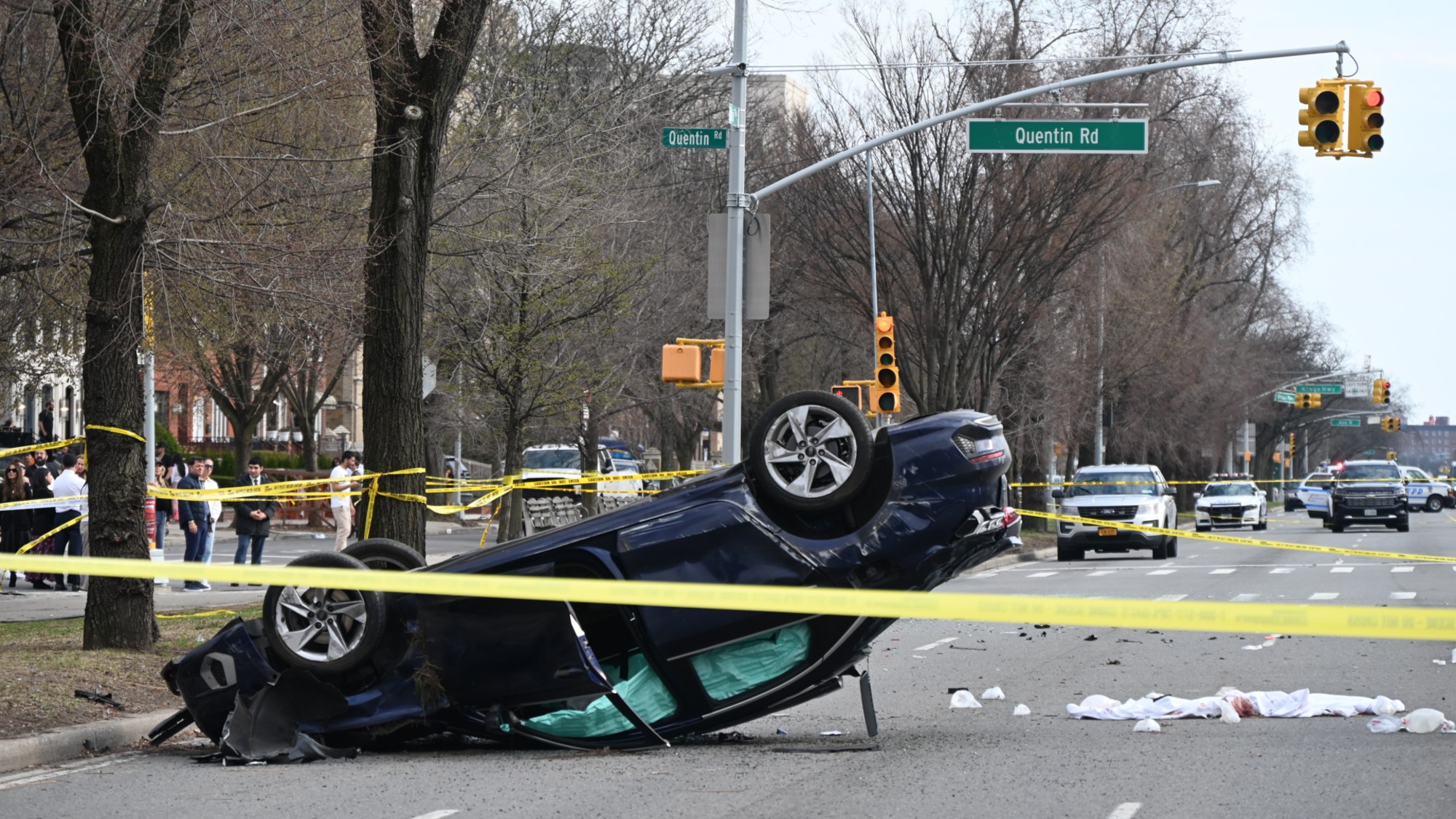 'We already have the tools to do better'
'We already have the tools to do better'Instant Opinion Opinion, comment and editorials of the day
-
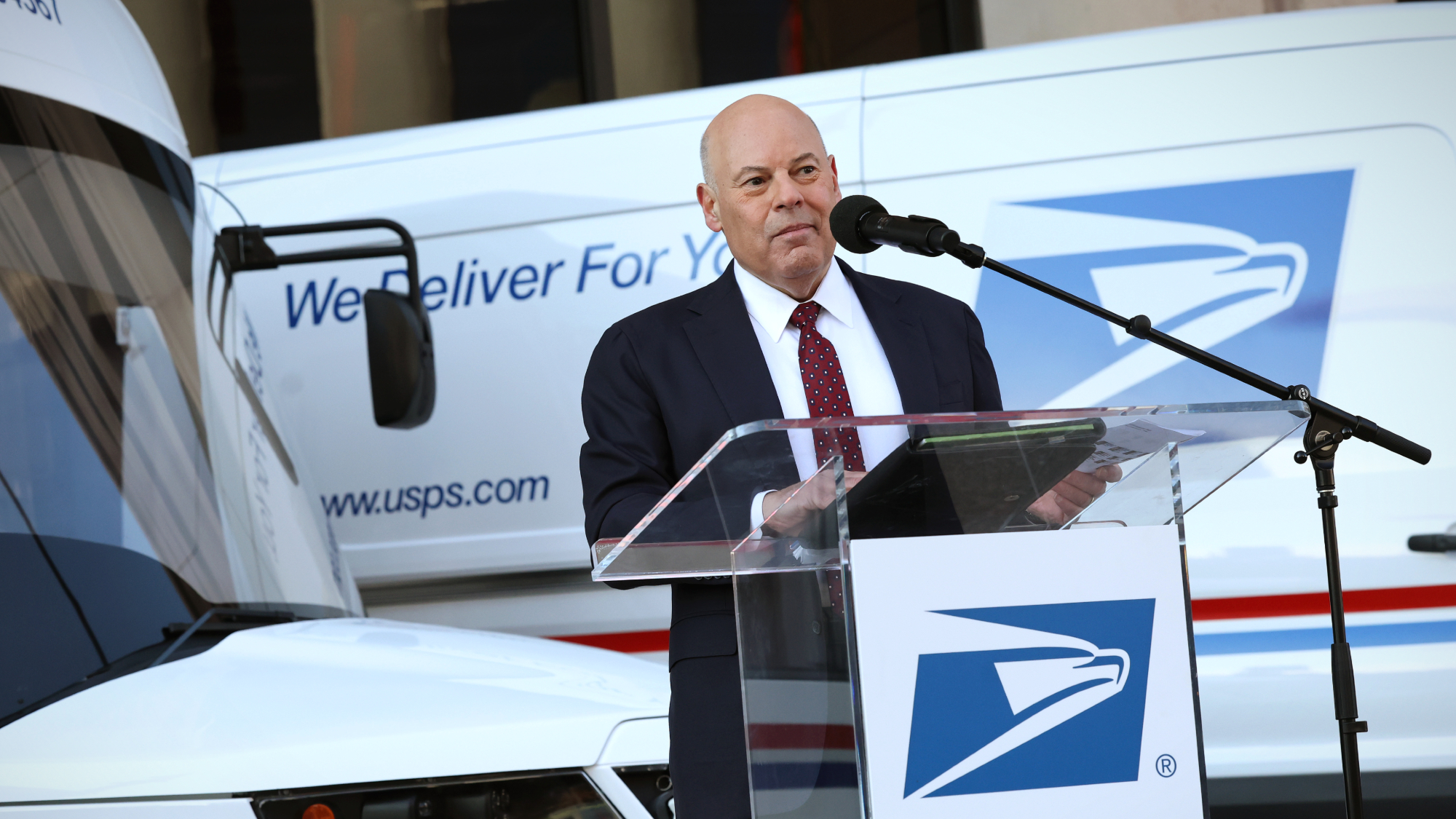 USPS Postmaster General DeJoy steps down
USPS Postmaster General DeJoy steps downSpeed Read Louis DeJoy faced ongoing pressure from the Trump administration as they continue to seek power over the postal system
-
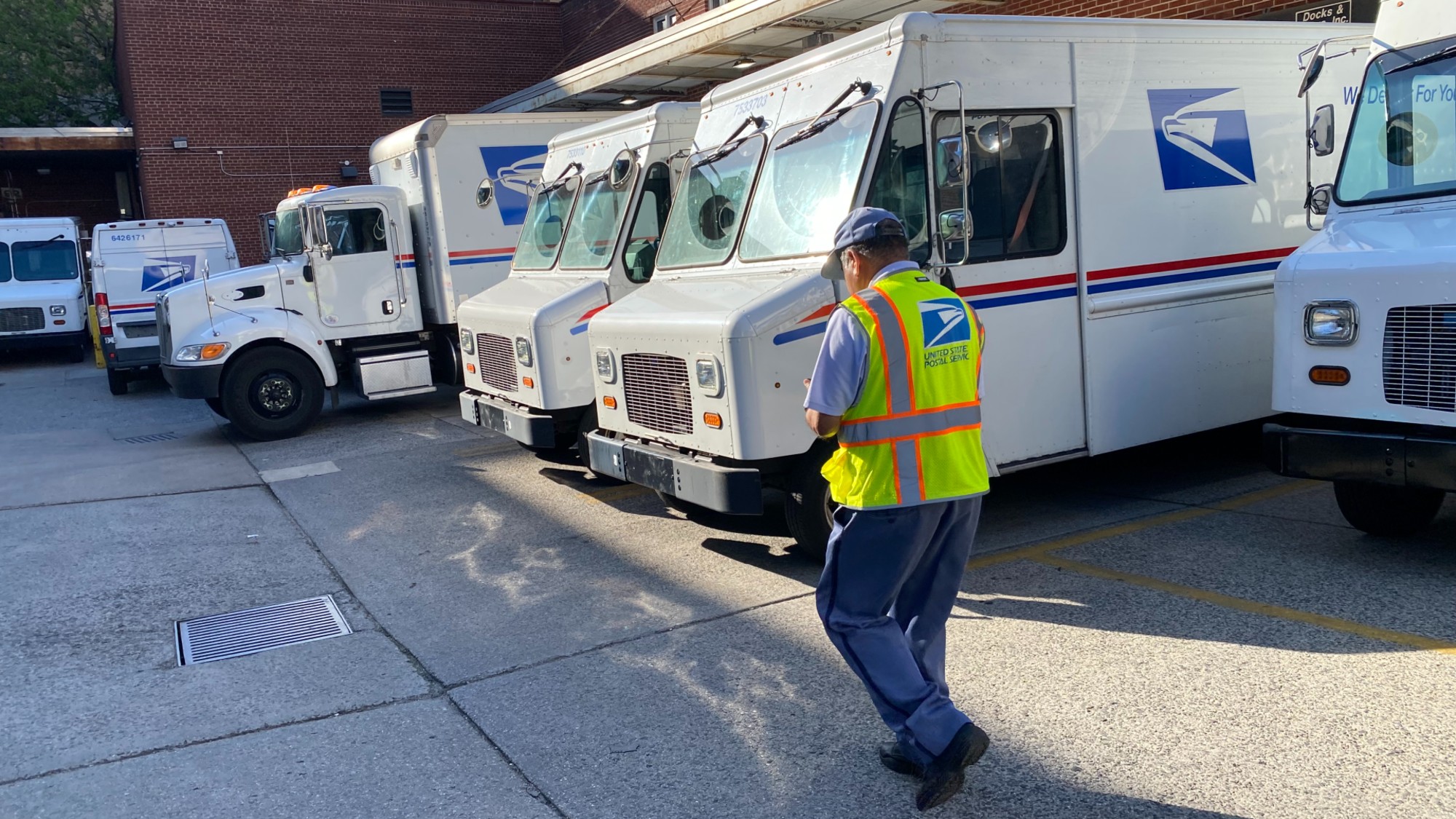 'The Postal Service has bound our nation together'
'The Postal Service has bound our nation together'Instant Opinion Opinion, comment and editorials of the day
-
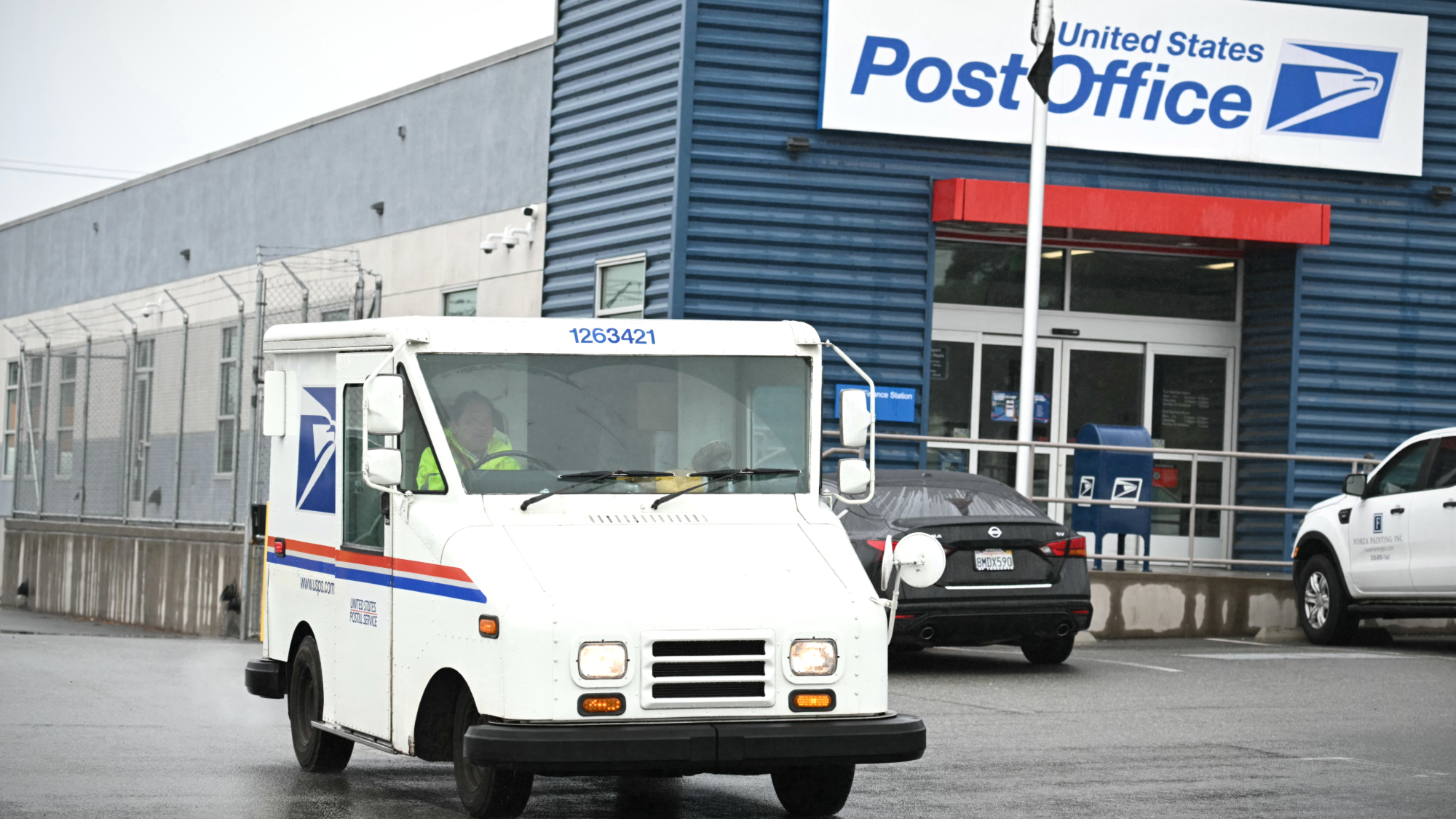 Trump reportedly wants to take over US Postal Service
Trump reportedly wants to take over US Postal ServiceSpeed Read President Trump is making plans to disband the leadership of USPS and absorb the agency into his administration
-
 Grenfell Tower and the dilemma of tragic landmarks
Grenfell Tower and the dilemma of tragic landmarksThe Explainer Plans to demolish fire-damaged tower exposes sensitivities over nature of remembrance
-
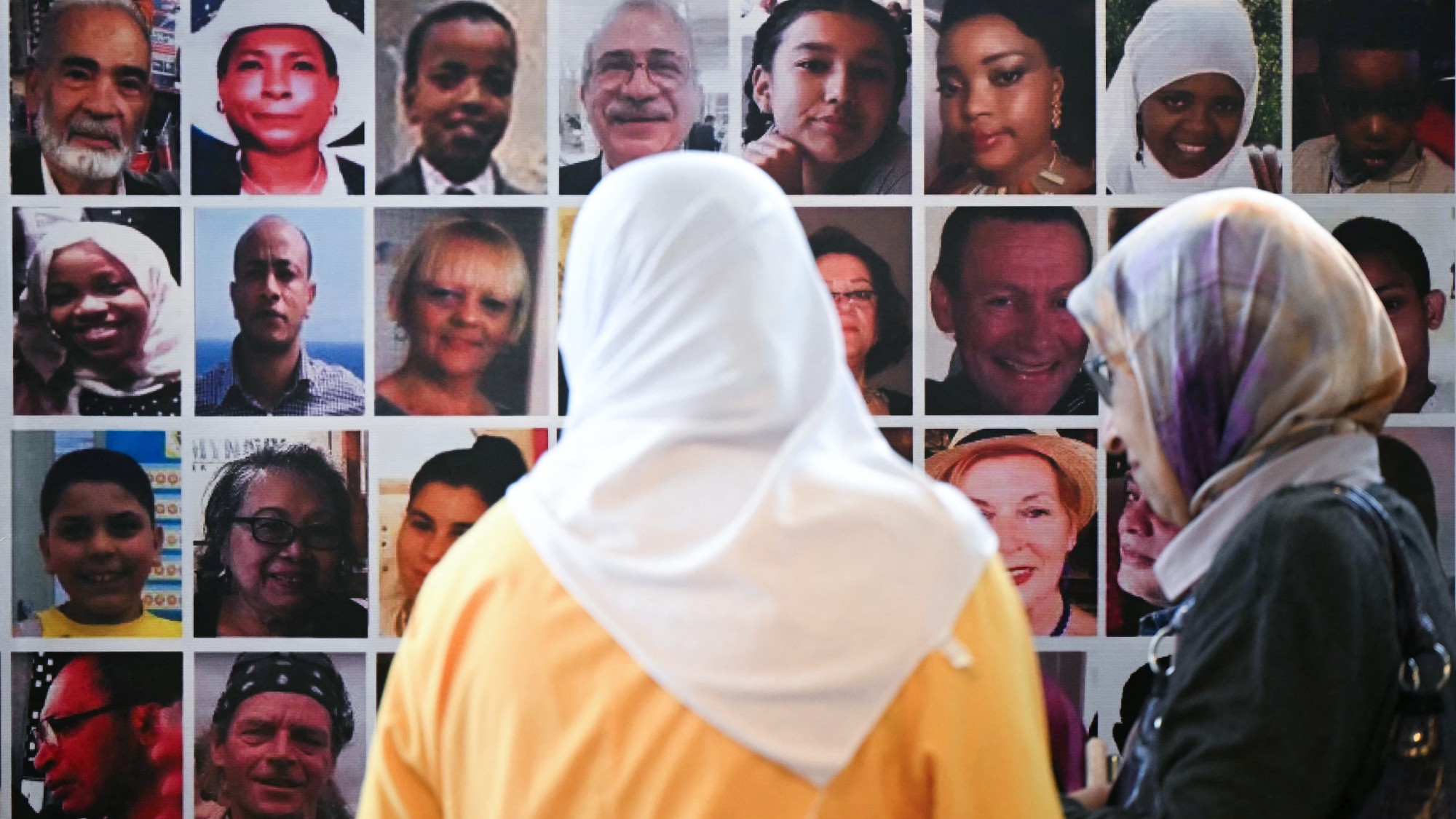 The Grenfell report: who was at fault?
The Grenfell report: who was at fault?The Explainer The inquiry into Britain's worst residential fire since the Blitz has taken seven years, and uncovered an extraordinary range of failings